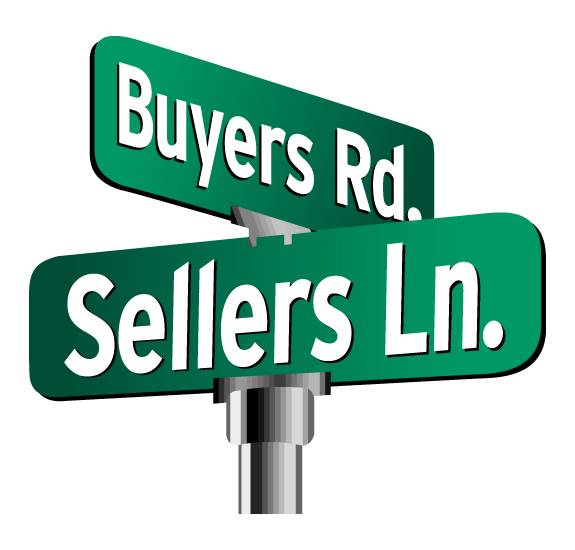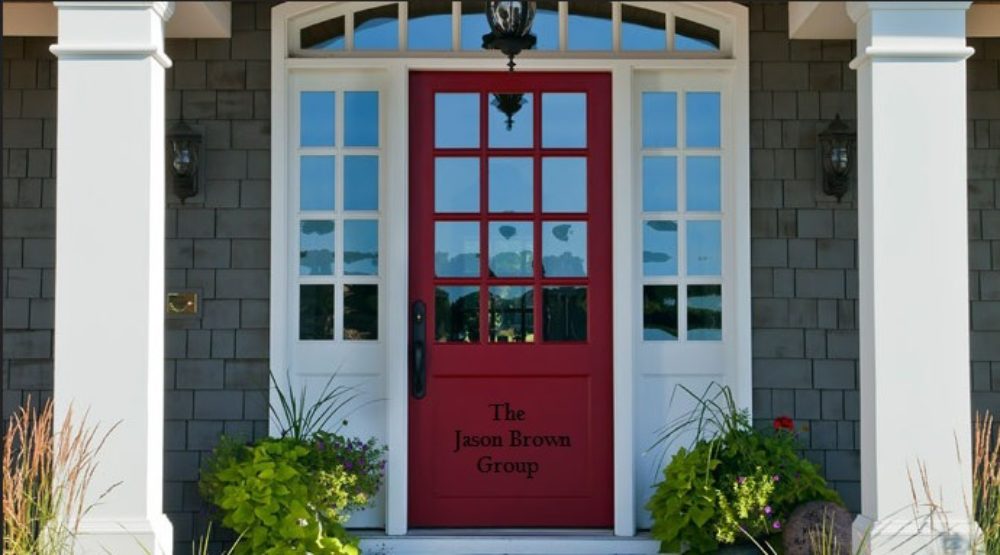Checking The Pulse Of The Kansas City Real Estate Market
I had a Leawood Kansas home buyer sheepishly tell me they were hoping the home seller would pay their closing costs. I told them it was no problem to ask a seller to do so, but that we should avoid going down that path if possible. Any time a seller pays a buyer’s closing costs, the price of the home is artificially inflated by the correlating amount — and this could potentially create problems when the appraisal comes in later. Despite the risks, it made sense for this buyer because they didn’t have enough money saved to cover both the necessary down payment and the closing costs too.
 The process of a seller paying a buyer’s closing costs at closing is not all that complicated. Generally, on homes over $300,000, I rarely see a buyer ask the seller to pay any of the buyer’s closing costs. On homes under $200,000 I often see buyers ask the seller to pay some portion of their closing costs. In most cases, a seller won’t reject this request and they’ll instead just view the amount asked for in seller paid closing costs as a buyer asking that much less for the home (than what they offered in way of the offer price). Consult with a Kansas City mortgage lender to find out what percentage of the purchase price a seller would be allowed to pay of the buyer’s closing costs and still have the buyer qualify for the loan program.
The process of a seller paying a buyer’s closing costs at closing is not all that complicated. Generally, on homes over $300,000, I rarely see a buyer ask the seller to pay any of the buyer’s closing costs. On homes under $200,000 I often see buyers ask the seller to pay some portion of their closing costs. In most cases, a seller won’t reject this request and they’ll instead just view the amount asked for in seller paid closing costs as a buyer asking that much less for the home (than what they offered in way of the offer price). Consult with a Kansas City mortgage lender to find out what percentage of the purchase price a seller would be allowed to pay of the buyer’s closing costs and still have the buyer qualify for the loan program.
If a home is listed at $200,000 and a buyer offers $195,000 and asks for NO seller paid closing cost, they’ve made an offer very similar to a buyer who comes in and offers $198,000 and ask the seller to pay $3,000 of the buyer’s closing costs. Both would equate to a $195,000 sale price overall. The biggest difference is the seller may have to pay a real estate commission on the $3,000 higher sale price in scenario two. If they did, $3,000 times a 6% commission would leave the seller paying $180 higher real estate commission. Pretty minor in the big picture. But even that rarely happens because most listings are advertised to buyer’s agents as the commission being paid on the NET sale’s price – meaning the seller wouldn’t have to pay the commission on that $3,000 anyhow.
In our current market, the appraisal should be a consideration in whether seller paid closing costs for the buyer should be part of the deal. If an appraiser determines the seller paid closing costs have inflated the home price by that amount (they have, haven’t they?), then it’s not out of the question that the appraisal could come in lower than the sale’s price. If so, we have a problem Houston. For this reason, it’s always best to avoid seller paid closing costs if a buyer has the money to pay their closing costs. But in a situation where the buyer can come up with their 3.5% FHA down payment but doesn’t have enough for the closing costs, then it could make sense to have the seller pay some of the buyer’s closing costs.
As I’ve mentioned, it’s important that a buyer understand they aren’t really “saving” the amount the seller is paying in closing costs. They just don’t have to pay it up front. They are no doubt paying more for the home than would have if they hadn’t asked for the seller paid closing costs and they also will be paying interest on that amount since it has been financed into the home loan (by way of the higher sale price on the home). And when you sell the home later, what you net on the home sale will be that much less, because a buyer isn’t going to view your home as worth $3,000 more just because the seller agreed to pay your closing costs (and you were willing to pay a higher sale price to make it happen). But, in many cases, seller paid closing costs can make sense for both a buyer and seller and be what it takes to make a deal happen.
Posted by Jason A. Brown
